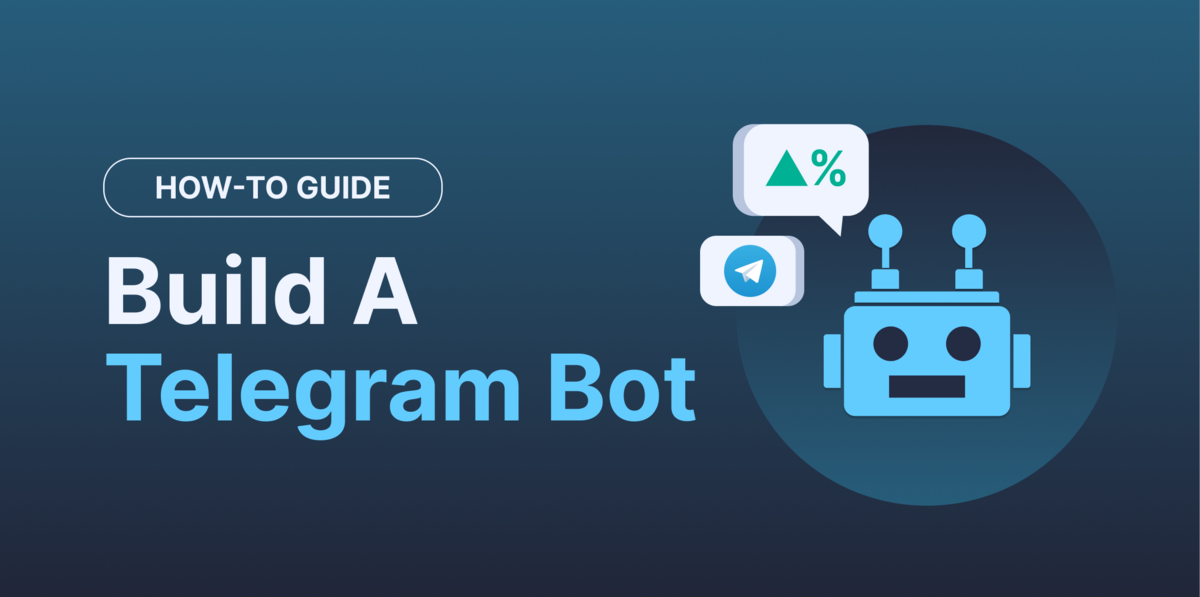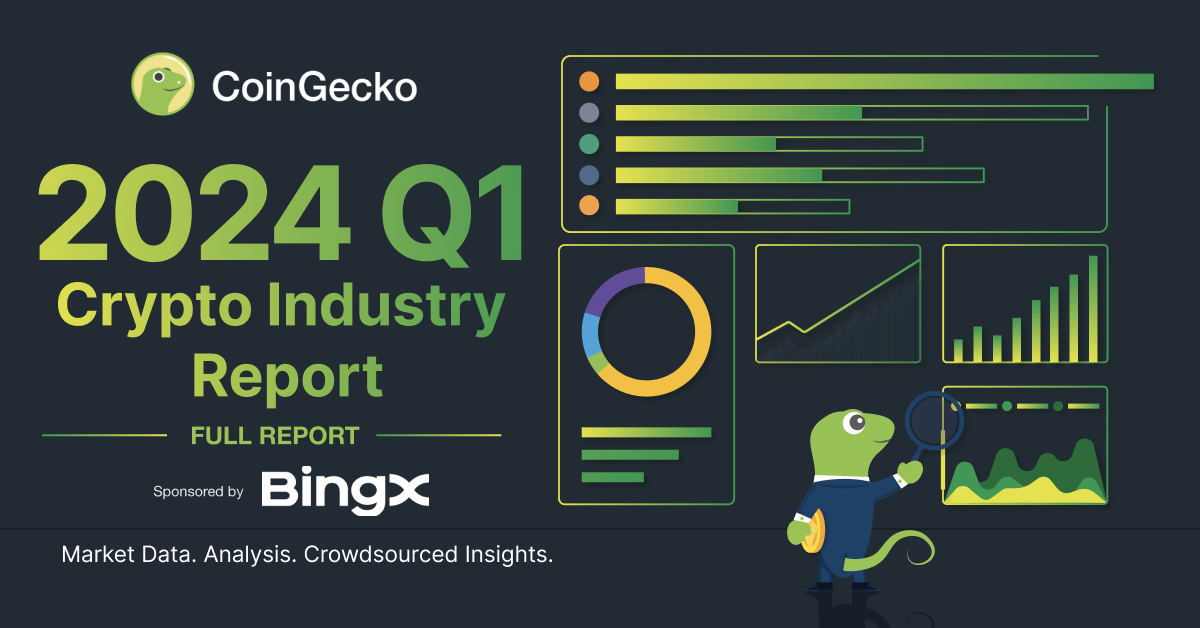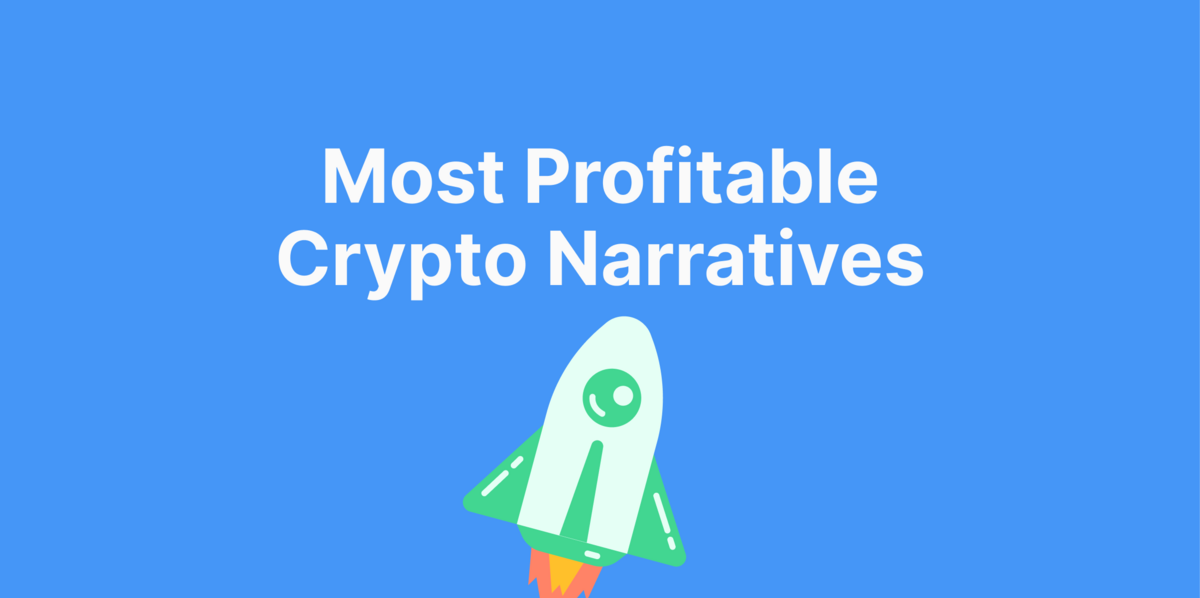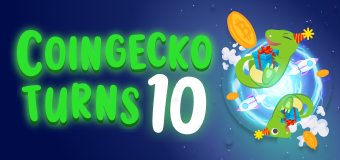Out with the old, in with the new, they say. And so come the NFTs. The metaverse. Avatars and virtual wearables. Decentralized Finance (DeFi). Web 3. All terms related to the new frontiers we’re exploring, a world that’s being built alongside our very own, and rapidly so.
We hear talk of new structures, a more egalitarian way of doing things. But who’s doing all the building, and how is the future of this new internet going to be organized?
If you’ve been in crypto long enough, you may have heard of DAOs (Decentralized Autonomous Organizations). And they’re much more common than you might think. In fact, they’re leading the charge in building out areas of Web 3. But what exactly are DAOs, and what purpose do they serve?
Let’s take you DAOntown and take a closer look.
What Is a DAO?
A DAO, also known as a Decentralized Autonomous Organization, is essentially a loosely organized collective with a "flat" hierarchical structure and was first proposed by Vitalik Buterin in the Ethereum whitepaper. These seemingly spontaneous forms of organization emerge around a shared cause or mission. And compared to traditional organizations, a DAO does not necessarily require centralized command. However, one of the main motives of many—but not all—DAOs is the drive for collective benefit.
Think of DAOs as being more in line with NGOs and other nonprofits. Community organizing like food drives and your local grocery co-op are real-world examples that can be viewed as analogous to the DAO.
There are DAO which govern DeFi projects such as Maker DAO and Olympus DAO, Collector DAOs like PleasrDAO (a group of investors pooling funds to invest in NFTs infused with meaning), media DAOs like Bankless DAO (they help the bankless movement grow via education), and even social DAOs like Friends With Benefits (they’re a community of creatives influencing the design of Web 3) and Proof Of Humanity (they distribute Universal Basic Income tokens for a more democratized Internet).
There are even DAOs that build tools for people to launch new DAOs like Aragon and DaoHaus, NFT DAOs, or DAOs that invest in lucrative NFTs for fractional ownership (PartyDAO), investment DAOs, gaming DAOs... there really is no end to the use cases here.
Until recently, there was even a "ConstitutionDAO". This DAO aimed to procure 1 of the 13 copies of the U.S. Constitution, until they were outbid by a private seller. (That private seller happened to be a crypto critic! Who would've thought.) The DAO was able to launch, raise funds (>$40 million), bid at an auction, and ultimately wind down within a month, demonstrating both the ability to emerge from a powerful concept, and to vanish just as quickly if its objectives have been met (or not).
Let's look at it this way. Say you find a cause you believe in. You think of a unique way to structure your collective, with incentivization schemes, what kind of culture you want to promote, and so on. If you can rally enough community support around this, then you can potentially form a new DAO.
How Do DAOs Sign up Members and Fund Activities?
Akin to member contributions or paying membership fees, most DAOs raise funds and fill the DAO treasury by issuing DAO governance tokens for participants to join. You may have heard of MKR, OHM, YFI; some are standalone governance tokens which gives holders automatic membership into the DAO and voting powers, but others combine governance rights with utility within the project itself.
The tokens generally serve a threefold function:
-
It helps raise funds for the DAO, which can be used to pay members for carrying out certain tasks.
-
It helps ensure that members are committed to the project. (The reasoning goes: If you hold governance tokens, you want them to go up in value. Since you're invested in the project, it's in your best interest to help the project succeed. After all, it is now your project too.)
-
The governance tokens allow members to vote on the direction and key decisions of the DAO (more on this later).
Over time, some DAOs also conduct treasury operations (e.g., yield farming, staking, and so on) to generate additional sources of revenue to further their project goals and causes.
How do DAOs operate and make decisions?

© iam2mai | Shutterstock
Once a DAO has amassed a burgeoning treasury, how might they go about operating in a decentralized manner, especially compared to corporate management teams? Let’s talk about similarities first - Many DAOs organize themselves in a manner similar to a corporation, so they split into departments like Marketing, Sales, Development, and so on.
However, whereas corporations typically have a rigid top-down command structure, DAOs are fluid and aim to have a flat organizational structure. Within these individual departments, though, there are no managers in the traditional sense. Instead, a leader who issues directives may be present. This mode of organization makes DAOs more akin to a community club or association, and grants departments a larger degree of autonomy and the ability to take action more flexibly and quickly.
While not every DAO member serves in a specific department, every member has the right to write proposals for the entire DAO to vote on. Major DAO decisions are also always put to a community vote, instead of taken arbitrarily by “management” or a board of directors, and proposals are exposed to the community on public forums or Discord channels and debated thoroughly before being put to a vote.
Finally, votes are recorded on to the blockchain itself, making the process and outcomes fully auditable and transparent. This transparency is what allows DAO members to vote with confidence on issues that matter to the DAO, and helps build trust and align the interests of the majority of the DAO members.
How Do DAO Decisions Get Implemented in a Transparent Manner?
Since DAOs members are pseudonymous, it’s critical that they’re able to operate in a "trustless" fashion. ("Trustless" means we don't need the trust of each member, which would quickly prove cumbersome and infeasible).
One way this is accomplished is by using smart contracts, which are algorithms that execute automatically once certain preset conditions are met. For example, DAO governance rules are baked into smart contracts. This ensures that a proposal goes through the proper governance process and reaches the necessary threshold of member votes before proceeding to execution, sometimes automatically.
While it would be cumbersome for every DAO to build its own set of custom smart contracts to automate governance, we’re also seeing the emergence of DAO-specific protocols which are building modular tools to make it easier for people to launch new DAOs, and for members to better participate in DAO governance. For instance, there's a protocol for ensuring that the right members get paid their fair share of tokens based on the work they've completed. There are also protocols for social media, as well as Orca Protocol, which helps DAOs scale by organizing the DAO into smaller pods. These modular tools allow DAOs to effectively "plug & play" features and tools into their ecosystem, helping them achieve shorter iterations throughout their lifecycle.
Finally, some DAOs also go to the extent of hiring external auditors to audit their operations and finances. In this manner, they can ensure that the DAO remains in compliance with the rules and standards expected from their community. For full transparency, the audit findings and reports are often made publicly available, and not just for members only, but to the community at large.
Who Can Start a DAO, and How Do You Join One?

© Andrea Piacquadio | Pexels
At this point, you get that if you can think up a good reason for a DAO's existence, there’s a good chance you can create one. But if you build it, they will not come... at least, not automatically.
Building a DAO takes effort. Sure, you're going to have to look for altruistic individuals who share the same cultural values, sense of mission, and goals. That's why marketing is imperative. But at the same time, the incentive to join and participate should be baked into the initial DAO concept itself. More often than not, the DAO governance tokens will still be governed by a set of tokenomics that reward token holders for participation and good behaviour, and sometimes even penalise bad ones!
Another question surrounding DAOs concerns legality. Is a DAO a legal entity? And are they afforded the same protections? Some DAOs have actually chosen to register as limited liability companies (LLCs) or some form of legal entity. While it may run counter to the notion of an idealized DAO being fully decentralized and autonomous, a more pragmatic approach of protecting the assets created or obtained and owned by DAOs does make sense in specific scenarios.
Call Me Mister DAO Jones
© Bradley Hook | Pexels
As we've explored together, you may have been able to intuit that DAOs are changing the landscape of not just the Internet, but the world. How we organize ourselves online is in turn going to influence and give rise to novel ways of restructuring society.
While the Internet as we know it today may be dominated by a few mega-corporations, with the rise of DAOs, the community might be able to have a larger say in how the Web 3 world is built and run. In the future, DAOs might not just compete against the state and corporations. Instead, they may collectively, and in a decentralized manner, form the backbone of the society of the future.

Valerioshi is the 4th president of X+, one of the most exclusive communities in web3, for holders who hold 10 or more DeGods. Along with the burn team, he led the CryptoPunk burning campaign for DeGods, successfully raising more than US$100,000 in under 30 hours. He runs Degen Reports, and is host of The Degen Hour as well as the X+ Sigma Lounge, both weekly Twitter spaces. Follow the author on Twitter @valerioshi_










 Or check it out in the app stores
Or check it out in the app stores